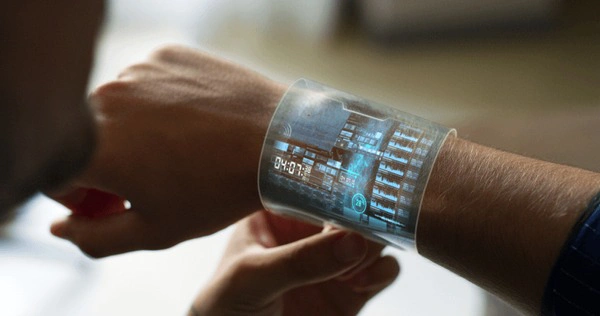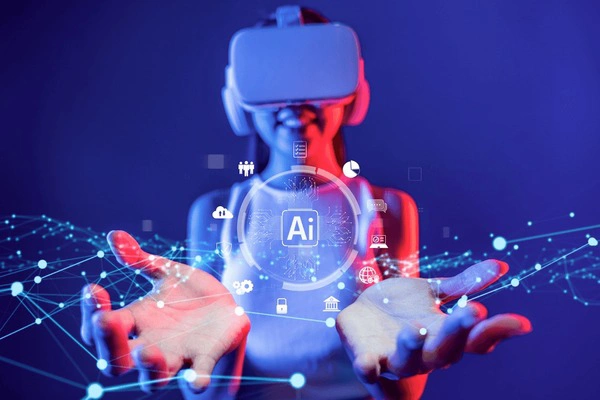
Beyond Watches: The New Frontier of Wearable Technology
Wearable technology has evolved beyond smartwatches to include clothing and accessories that monitor health and performance in real-time. These advanced wearables use bioelectronics to measure physiological parameters, such as heart rate and temperature, offering profound implications for health and performance. Looking ahead, the future of wearables promises even more innovations, with a focus on balancing technological advancements with ethical considerations.
Marcus Bennett
09/11/2024 - 8 months ago

The Evolution of Wearable Technology
Wearable technology has advanced significantly from its initial inception, expanding beyond simple devices like smartwatches. Today, advanced wearables encompass a range of clothing and accessories that monitor health and performance in real-time. These innovations are not just passing trends; they are fundamentally changing how we interact with technology in our daily lives.
At the core of these developments are bioelectronics, which make it possible to measure various physiological parameters. Sensors effectively measure heart rate and body temperature, providing users with valuable insights into their health. This technology is not limited to athletes; it is accessible to anyone looking to improve their well-being.
The integration of these technologies into everyday clothing is a testament to how far we have come. Garments with built-in sensors can track physical activity, stress levels, and even sleep patterns. This seamless integration allows individuals to gain a better understanding of their bodies without the need for intrusive devices.
Impact on Health and Performance
The implications of advanced wearables on health and performance are profound. By providing real-time data, these devices empower individuals to make informed decisions about their health. Real-time data can alert users to potential health issues before they become serious problems.
For athletes, this technology offers the ability to fine-tune training regimens based on precise physiological feedback. Performance data collected during workouts can help optimize training intensity and recovery times, leading to improved performance and reduced risk of injury.
Beyond the realm of sports, these wearables are proving beneficial for individuals managing chronic conditions. Continuous monitoring of vital signs can assist in the early detection of anomalies, allowing for timely medical intervention and potentially saving lives.
Looking Ahead: The Future of Wearables
As wearable technology continues to evolve, the possibilities seem endless. Future innovations may include even more advanced sensors and materials, enhancing the ability to monitor a broader range of health indicators. Future innovations will likely focus on increasing accuracy and user comfort.
There is also a growing interest in the ethical considerations surrounding these technologies. Questions around privacy and data security are becoming increasingly important as wearables collect more personal information. Ensuring that users' data is protected will be crucial in building trust in these devices.
Ultimately, the goal of wearable technology is to integrate effortlessly into our lives, providing benefits without being obtrusive. As we move forward, the challenge will be to balance technological advancements with ethical considerations, ensuring that wearables remain both useful and secure. Balancing technological advancements with privacy concerns will be key to their continued success.


















